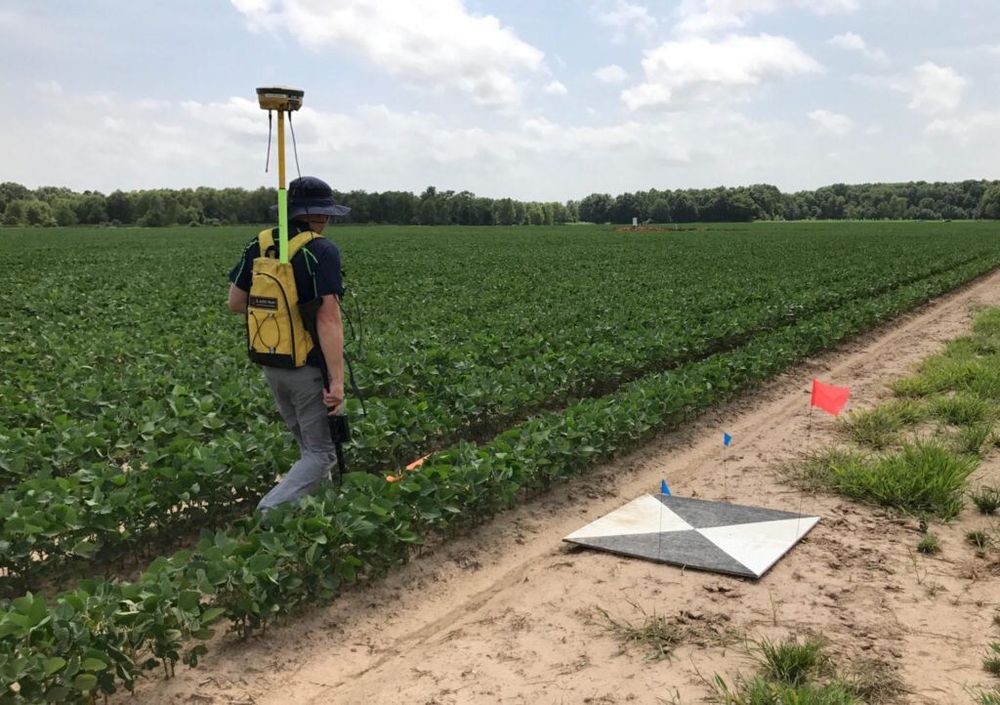Click on photo to start video.
The drills of the future won’t leave holes.



Click on photo to start video.
Nissan’s new AR technology could help drivers prevent blind spot accidents in the future.






Packed with twin 450 hp outboard engines, the speedster is capable of cutting through the seas at a blistering 60 knots and its engine’s power-to-weight ratio represents the best in class. In fact, these motors tip the scale at just 705 lbs—some 300 lbs less than competing models—which gives the svelte vessel 40 percent more torque than its competitors.

Farmers have enough worries—between bad weather, rising costs, and shifting market demands—without having to stress about the carbon footprint of their operations. But now a new set of projects by scientists at Lawrence Berkeley National Laboratory (Berkeley Lab), including scientists at the Joint BioEnergy Institute (JBEI), could make agriculture both more sustainable and more profitable.
The three projects, funded by the U.S. Department of Energy (DOE), leverage Berkeley Lab’s strengths in artificial intelligence, sensors, and ecological biology. They aim to quantify and reduce the carbon intensity of agriculture, including the farming of biofuel feedstocks such as corn, soy, and sorghum, while also increasing yield.
Crop-based biofuels have the potential to supply up to about 5% of U.S. energy demand, according to the DOE. Two of the new projects are part of the SMARTFARM program of DOE’s Advanced Research Projects Agency-Energy (ARPA-E). This initiative aspires to make the biofuel supply chain carbon negative—meaning it removes or sequesters more carbon than it emits—which would greatly improve biofuel’s benefits to the broader economy and environment. Scientists also hope that the increased productivity will have the effect of lowering costs and increasing farmers’ income.